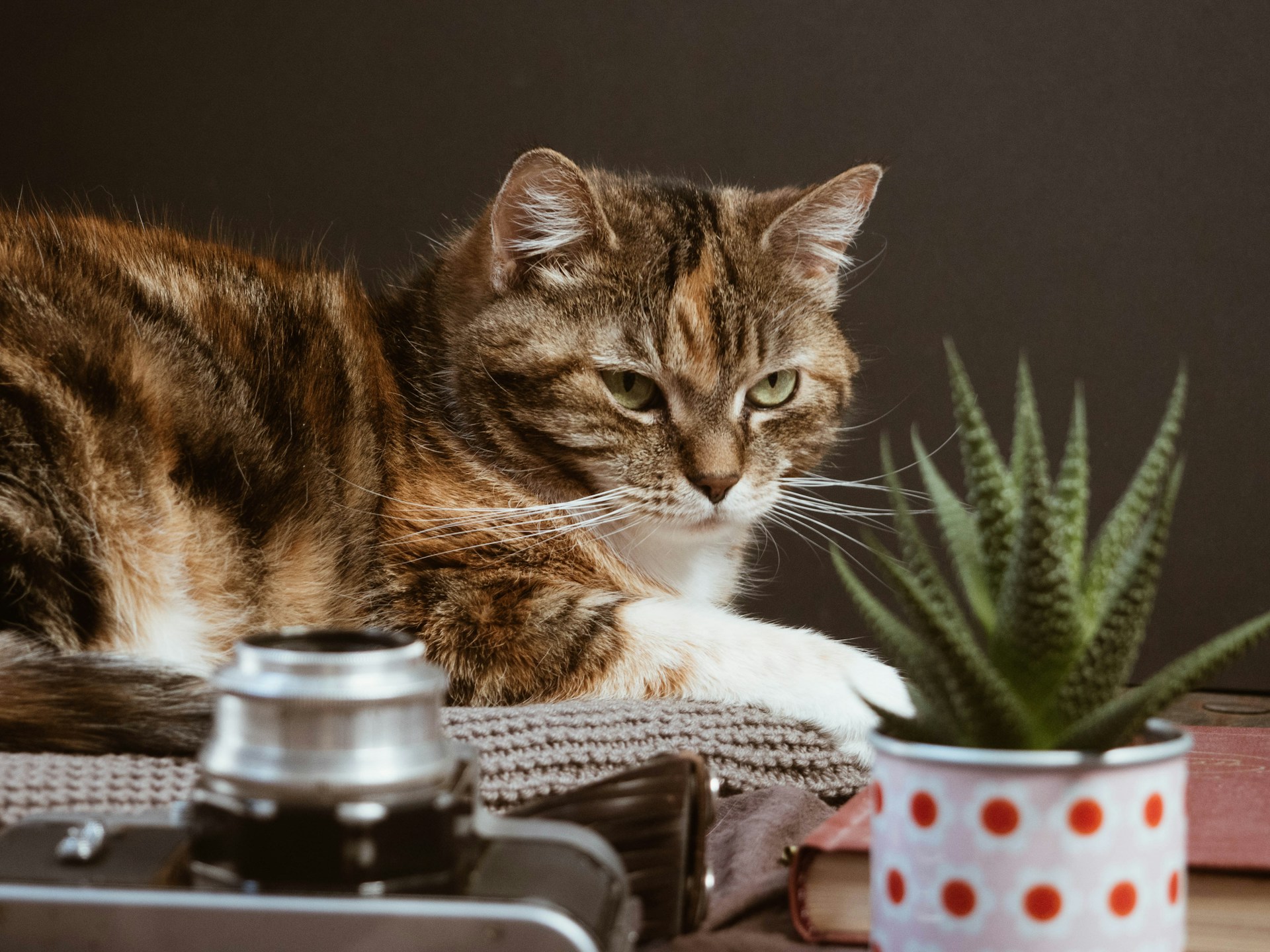Crafting homemade cat food is a wonderful way to give your feline friend a nutritious, tailored diet. As obligate carnivores, cats need meat-based meals, and homemade food lets you control quality while avoiding additives. Whether you’re addressing health issues or simply want to pamper your cat, DIY recipes can be both healthy and budget-friendly. This guide explores why homemade cat food works, key nutritional needs, easy recipes, and tips for safety. Let’s dive into cat nutrition and learn how to keep your kitty purring with health.
Why Homemade Cat Food Works
Homemade cat food offers unique benefits. You can use fresh, high-quality ingredients, avoiding fillers like corn or artificial preservatives that may upset sensitive stomachs. It’s perfect for cats with allergies, weight issues, or picky eating habits. Homemade meals can improve coat shine, energy, and urinary health, especially with high-moisture recipes. They’re also cost-effective when using affordable proteins like chicken or turkey. Plus, preparing food for your cat is a loving way to bond and ensure they get the best care possible.
Key Feline Nutrition Needs
Cats require a diet rich in animal-based nutrients. Essential components include:
- Protein (30-40%): Meat like chicken, fish, or liver provides taurine and amino acids for heart and eye health.
- Fats (15-20%): Fish oil or chicken fat supports energy and skin health.
- Low Carbohydrates (5-10%): Cats don’t need many carbs; small amounts from vegetables like pumpkin aid digestion.
- Vitamins and Minerals: Vitamin A, B vitamins, and calcium (from ground eggshells) are vital for immunity and bones.
Avoid toxic foods like onions, garlic, or raw eggs. Every meal must be balanced to prevent deficiencies, so consult a vet before starting.
Easy-to-Make Cat Recipes
Here are three simple, vet-approved recipes for a 10-lb adult cat. Adjust portions for your cat’s size and needs.
Chicken and Pumpkin Puree
- Ingredients: 1/2 lb chicken thigh (boneless, cooked), 1/4 cup pumpkin puree, 1 tsp fish oil, 1/8 tsp ground eggshell.
- Instructions: Cook chicken thoroughly, then blend with pumpkin, fish oil, and eggshell powder. Serve cooled.
- Nutrition: High in protein, taurine, and fiber.
- Cost: ~$2-3 per batch.
Salmon and Carrot Mix
- Ingredients: 1/2 lb salmon (cooked, deboned), 1/4 cup carrots (steamed, mashed), 1 tsp olive oil, 1/8 tsp taurine supplement.
- Instructions: Flake salmon and mix with mashed carrots, olive oil, and taurine. Cool before serving.
- Nutrition: Rich in omega-3s, protein, and vitamin A.
- Cost: ~$3-4 per batch.
Turkey and Spinach Blend
- Ingredients: 1/2 lb ground turkey (cooked), 1/4 cup spinach (steamed, chopped), 1 tsp fish oil, 1/8 tsp calcium powder.
- Instructions: Cook turkey, then combine with spinach, fish oil, and calcium. Cool and serve.
- Nutrition: Balanced with protein, vitamins, and calcium.
- Cost: ~$2-3 per batch.
Feed 1/4-1/3 cup per meal, twice daily. Always verify recipes with your vet.
Ensuring Food Safety and Storage
Safety is critical when preparing cat food. Use fresh, human-grade ingredients and cook meats thoroughly to kill bacteria. Store meals in airtight containers in the fridge for up to 3 days or freeze for up to 3 months. Label containers with dates and thaw frozen portions in the fridge overnight. Warm food slightly before serving, but avoid microwaving, as it can create hot spots. Clean all utensils, surfaces, and bowls after preparation to prevent contamination. Discard any spoiled food to keep your cat safe.
Veterinary Guidance for Diets
Homemade cat food requires careful planning to avoid nutritional deficiencies, especially in taurine or calcium. A veterinarian or feline nutritionist can ensure your recipes are complete and balanced, recommending supplements if needed. Regular check-ups monitor your cat’s weight, coat, and health to confirm the diet’s success. This is crucial for cats with medical conditions like kidney disease or diabetes. Your vet can also guide portion sizes and feeding frequency. For more cat nutrition tips, check out Friends With Tail.
Wrapping Up
Homemade cat food is a healthy, affordable way to nourish your feline friend. By meeting their nutritional needs, trying easy recipes, and prioritizing safety, you can keep your cat thriving. Always work with your vet to ensure a balanced diet tailored to your cat’s health. With these tips, you’ll enjoy preparing meals that make your kitty purr. Visit Friends With Tail for more DIY pet food ideas and keep your cat healthy and happy.

